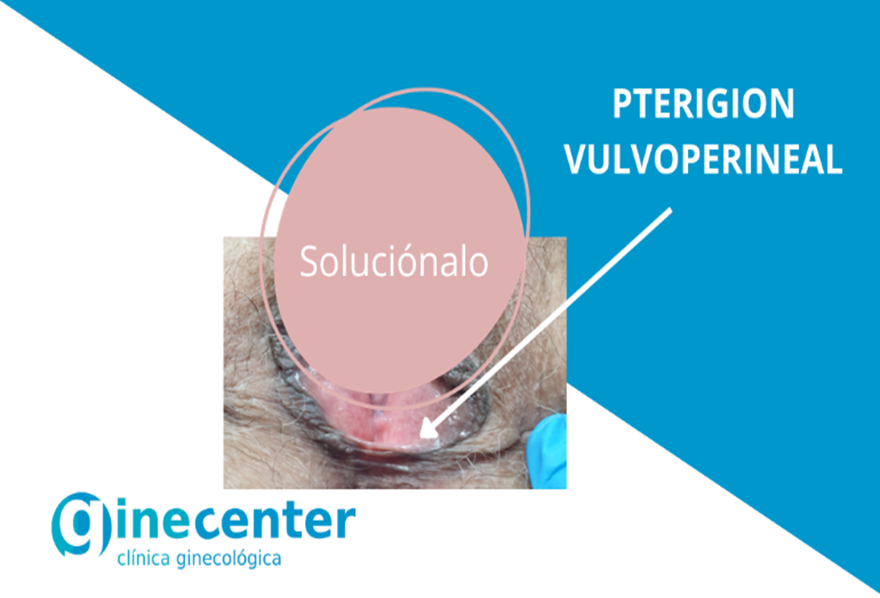We are pleased to announce that our clinic is currently taking part in a worldwide study on treating acute recurrent vaginitis with the gynaecological laser.
Vaginitis is a condition that we often come across and is defined as an inflammation or infection of the vagina that can also affect the vulva or the external areas of the female genital area. If four or more episodes of vaginitis occur within a single year, the condition is referred to as recurring vaginitis.
Symptoms include itching, pain, discharge, and a distinctive odour, all of which may cause chronic discomfort that can seriously affect the quality of life of a woman.
Following an initial study during which twenty patients were treated, this new global multicentre project that we are taking part in will allow confirmation of the initial results obtained based on a much larger volume of patients.
The study has been authorised by the Teaching, Research and Ethics Committee of the Uroclínica centre based in Mendoza, Argentina, and is being carried out in line with the scientific, technical, and administrative regulations as defined by the Ministry of Health of Argentina.
Leading the investigative team is the prestigious Argentine gynaecologist, Doctor Adrian Gaspar, specialist in aesthetic medicine and laser surgery. Dr. Gaspar has been a pioneer in developing gynaecological laser techniques and protocols that are today used across the globe. In addition, he has spent more than 15 years working with universities worldwide in research and development of laser techniques.
As part of the study, we will treat a minimum of ten patients, divided into two groups, each of whom will receive four gynaecological laser treatments and be monitored over a one-year period, with follow-up revisions after six and twelve months.
We are proud to take part in this research project and hope that our contribution will result in new and innovative ways of applying gynaecological laser treatments. Once the study has been finalised and published, we will update you in our blog with the conclusions and results.


